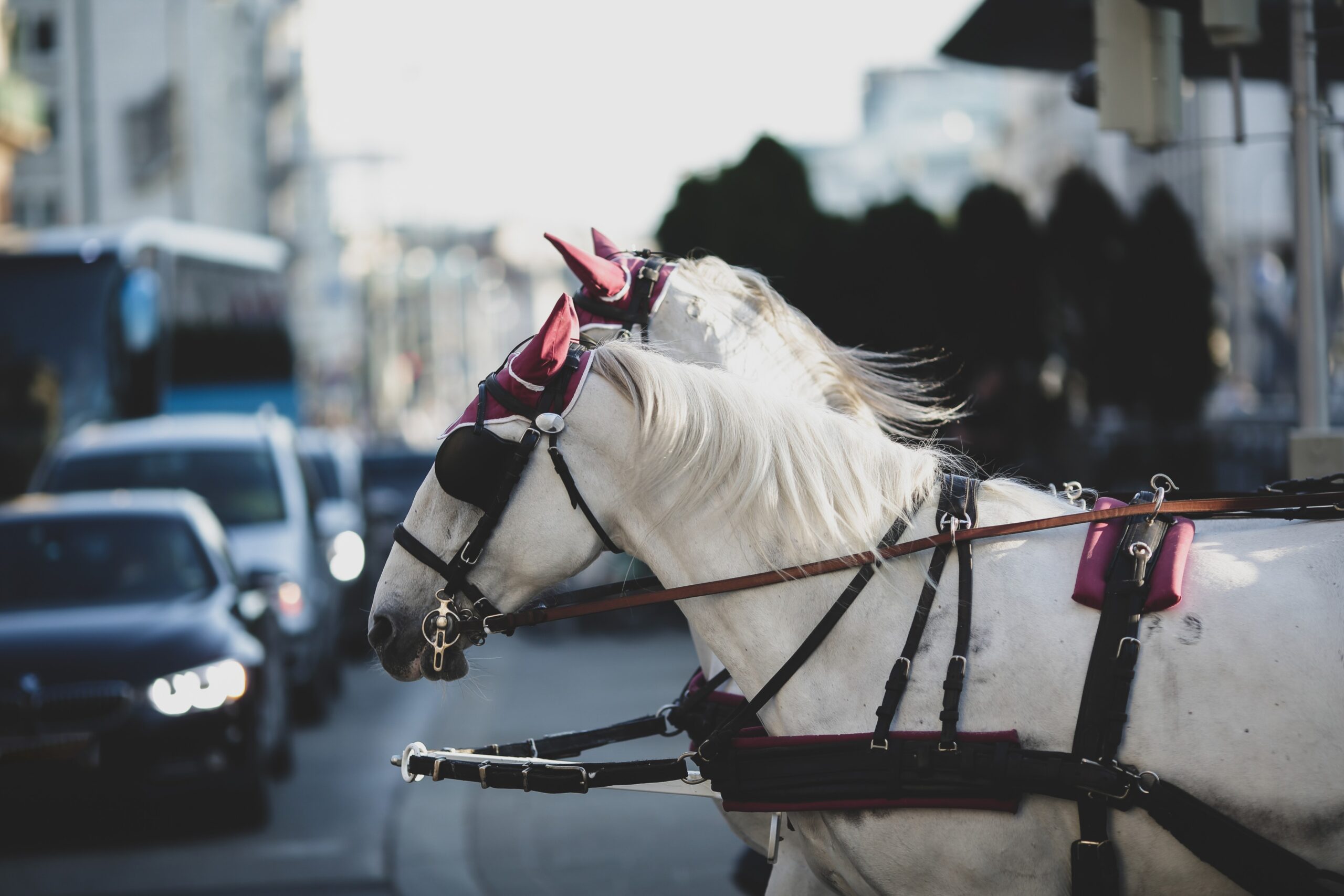DUI on a Horse vs. DUI in a Car: How Do the Laws Compare? – Guest Post

When most people think of a DUI (Driving Under the Influence), they imagine a driver operating a car while intoxicated. However, in some states, riding a horse under the influence can also result in legal consequences. While DUI laws primarily target motor vehicles, some states extend these rules to other forms of transportation, including horseback riding.
If you are curious about how different states handle DUI laws for horseback riders? Check out this guide on what states can you get a DUI on a horse to understand where riding under the influence could get you in legal trouble.
DUI in a Car: Clear and Strict Regulations
Across all 50 states, driving with a blood alcohol concentration (BAC) of 0.08% or higher is illegal. A car DUI typically results in:
- Fines ranging from $500 to $2,000+ for a first offense.
- License suspension for six months to a year.
- Jail time, which may be up to six months for first-time offenders.
- Mandatory alcohol education programs in most cases.
For repeat offenses or DUI incidents involving injuries or fatalities, the penalties become far more severe, potentially leading to felony charges and extended prison sentences.
DUI on a Horse: A Legal Gray Area
Horses are not motor vehicles, but some states still enforce DUI laws against riders under certain conditions. The legal treatment of horseback DUIs depends largely on how a state defines a “vehicle” within its traffic laws. Here are a few examples:
States Where Horse DUIs Are Possible
- California – Under California Vehicle Code §21050, horseback riders must follow the same road laws as vehicle drivers. While DUI charges are rare, riders can still be charged with public intoxication or reckless endangerment.
- Arizona – Arizona law prohibits operating a “vehicle” under the influence, and some interpretations have included horses under this statute (source).
- Kentucky & Montana – In these states, past cases have led to DUI charges against intoxicated horseback riders based on statutes that define “vehicles” broadly.
States Where Horse DUIs Are Unlikely
Many states, including Texas and Colorado, do not explicitly include horses in their DUI statutes. Instead, impaired riders may face other charges, such as public drunkenness, disorderly conduct, or animal endangerment.
Key Differences Between Car and Horse DUIs
| Factor | Car DUI | Horse DUI |
| Legal Basis | Clearly defined in all states | Depends on state interpretations |
| BAC Limit | 0.08% nationwide | Rarely specified |
| Penalties | Fines, jail time, license suspension | Typically minor fines or warnings |
| Impact on License | Suspension mandatory | No impact (horses don’t require licenses) |
Why Prosecuting Horse DUIs Is Challenging
- Definition of “Vehicle” – Many DUI statutes apply only to motor vehicles, leaving horseback riders in a gray legal area.
- Enforcement Priorities – Police generally focus DUI enforcement on motor vehicles, as they pose greater public safety risks.
- Public Perception – Riding a horse under the influence is often seen as less dangerous than drunk driving, making prosecutors less likely to pursue harsh penalties.
Safety Considerations: Why Riding Under the Influence Is Still Risky
Even in states where DUI laws do not apply to horseback riders, there are still serious risks, including:
- Injury to the rider or pedestrians if the horse becomes uncontrollable.
- Property damage if an impaired rider loses control.
- Potential animal cruelty charges if a horse is put in danger due to intoxication.
Conclusion, Know the Laws in Your State
While DUI laws for cars are strict and consistently enforced, horseback riding under the influence exists in a legal gray area. Some states treat horses as vehicles, while others rely on general public intoxication laws to address potential dangers.
If you’re considering riding a horse after drinking, it’s essential to check your local laws. To see where horseback DUIs apply, read what states can you get a DUI on a horse for a complete guide. Regardless of the legal consequences, staying sober while riding is always the safest option—for both you and your horse.
